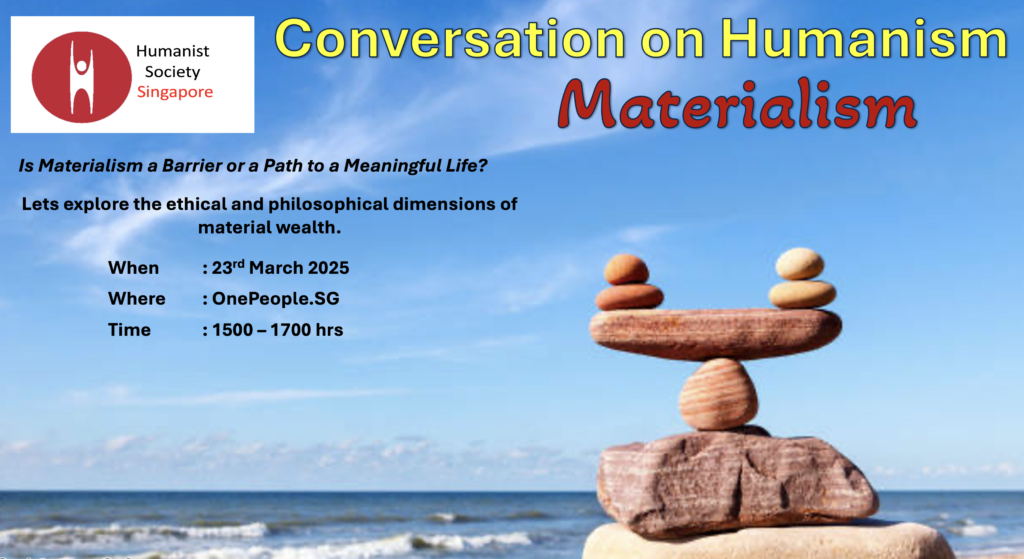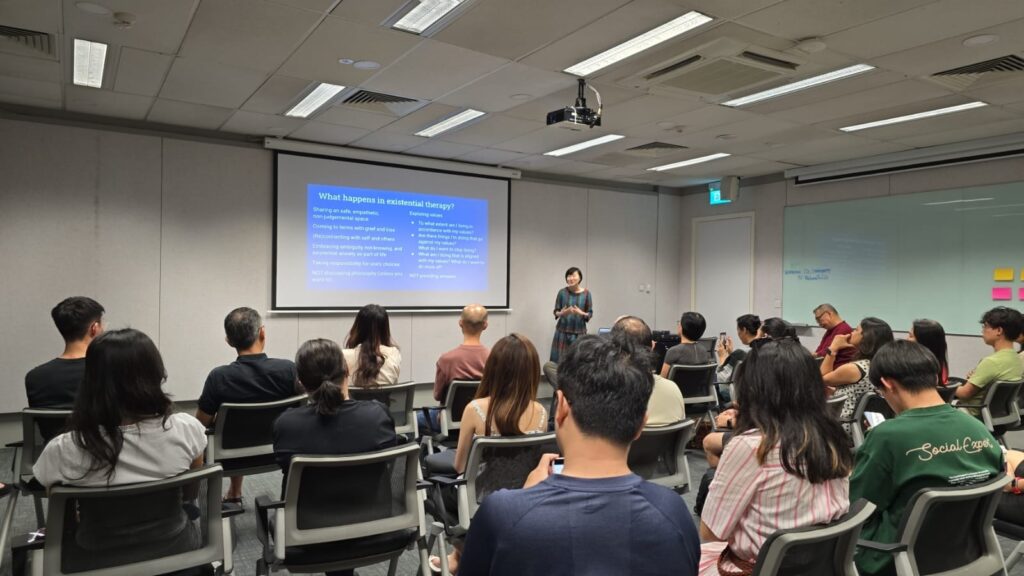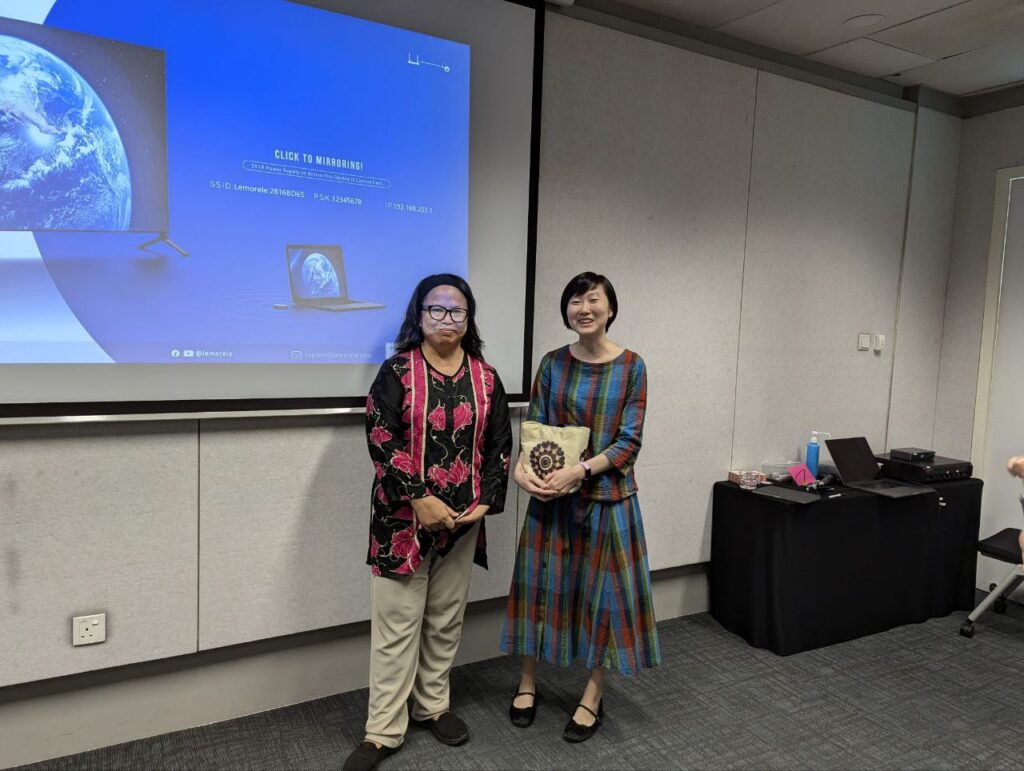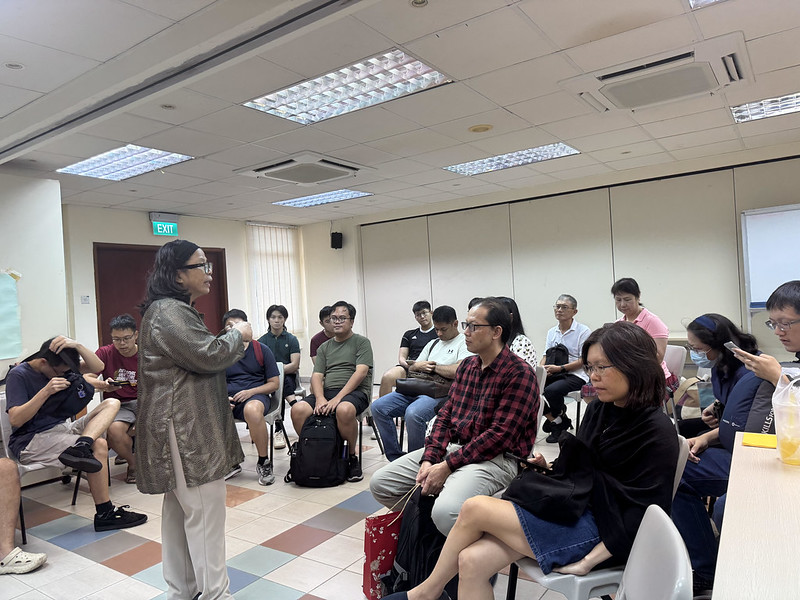
In true conversational spirit, this session was lively, thought-provoking, and filled with personal reflections. Nora opened the floor with an imaginative question:
“Imagine you received $10 million overnight. What’s the first thing you’d do with it?”
Responses were diverse—many said they would donate to charity, invest in education, and keep a portion for personal use. One participant said they’d take time off to travel the world. And in a wonderfully grounded moment, someone asked, “Where did the $10 million come from?”—reminding us that even daydreams come with taxes and consequences!
We then dove into the heart of the conversation:
What comes to mind when you hear the word Materialism?
Participants shared that materialism often evokes ideas of wealth accumulation, possessions, and lifestyle. This led to a deeper question:
“At what point does ‘wanting a good life’ become ‘excessive materialism’?”
The conversation also explored how different philosophies and cultures view materialism. The idea of Positive Materialism was introduced and unpacked—highlighting how wealth can be embraced as a means to do good, rather than an end in itself. Participants also reflected on the concept of Mindful Materialism, which encourages conscious, value-driven use of resources.
The session concluded with a reflective prompt:
“If you had all the material wealth in the world but could only keep one non-material thing, what would it be?”
And a fitting quote to close the discussion:
👉 “Use wealth as a tool for doing good—not as a measure of your worth.”







